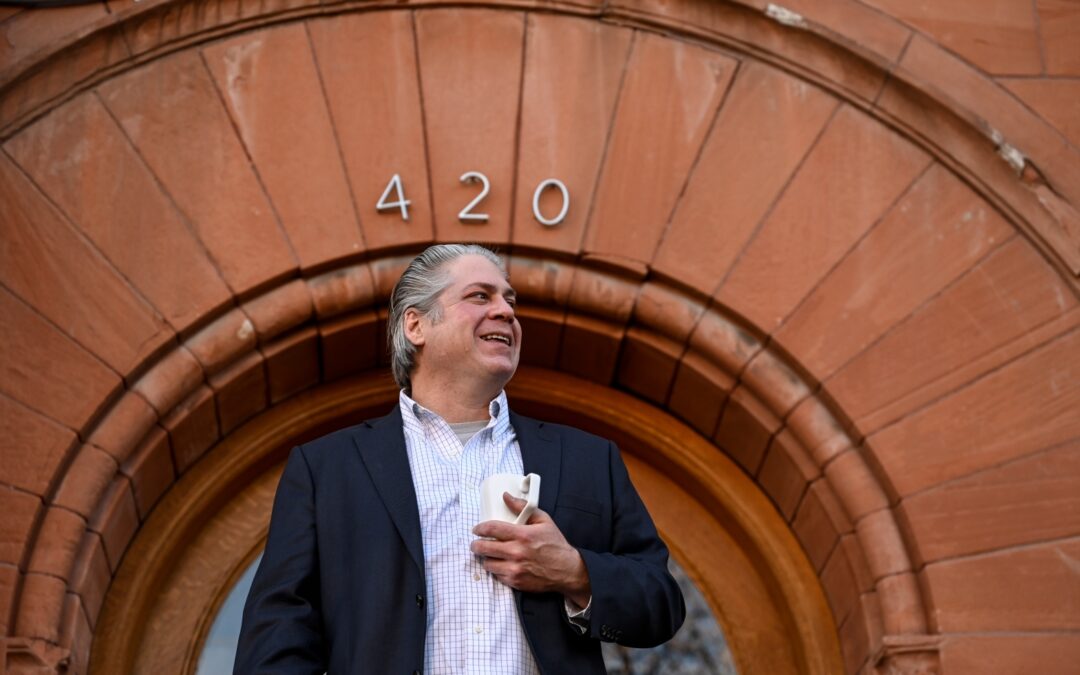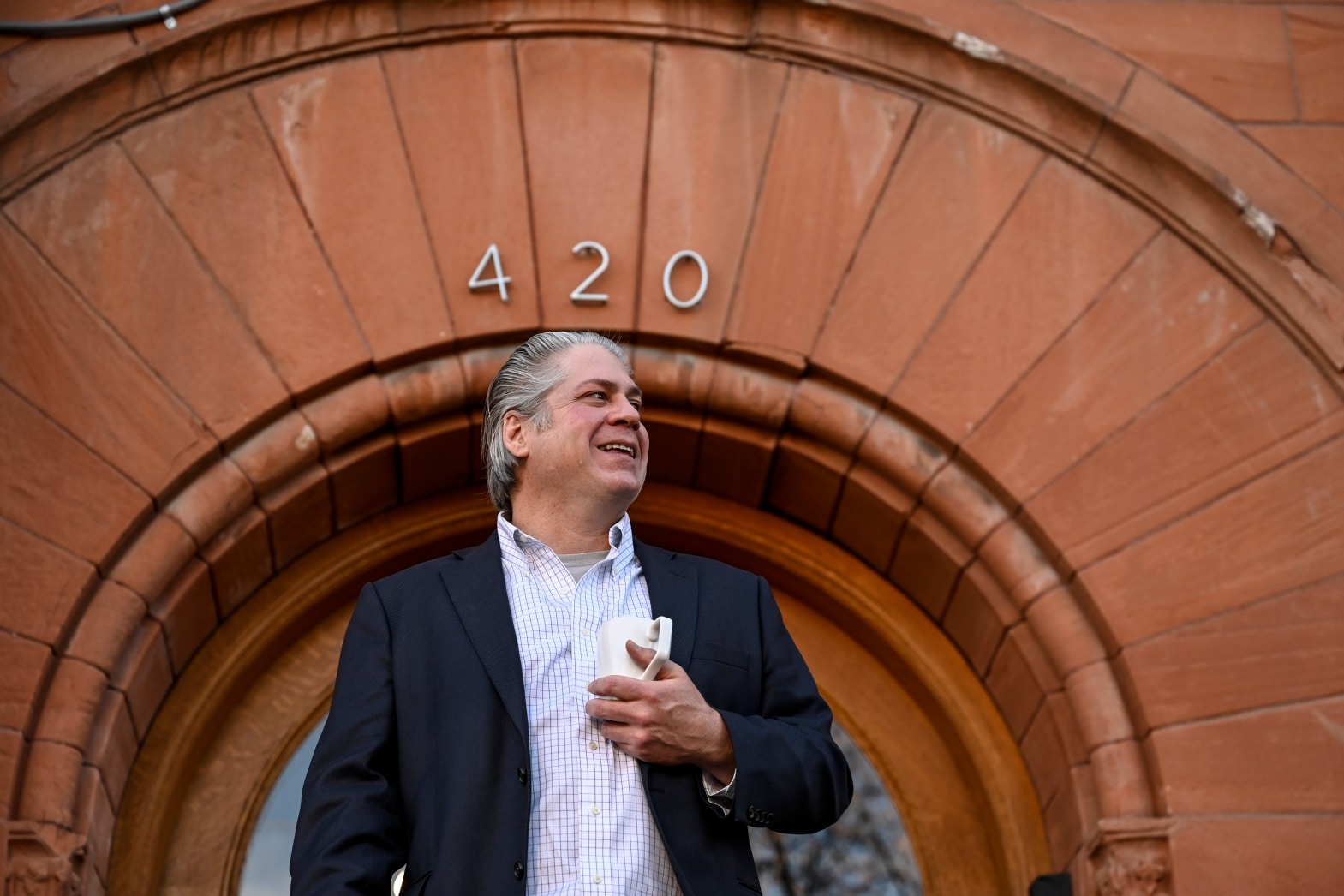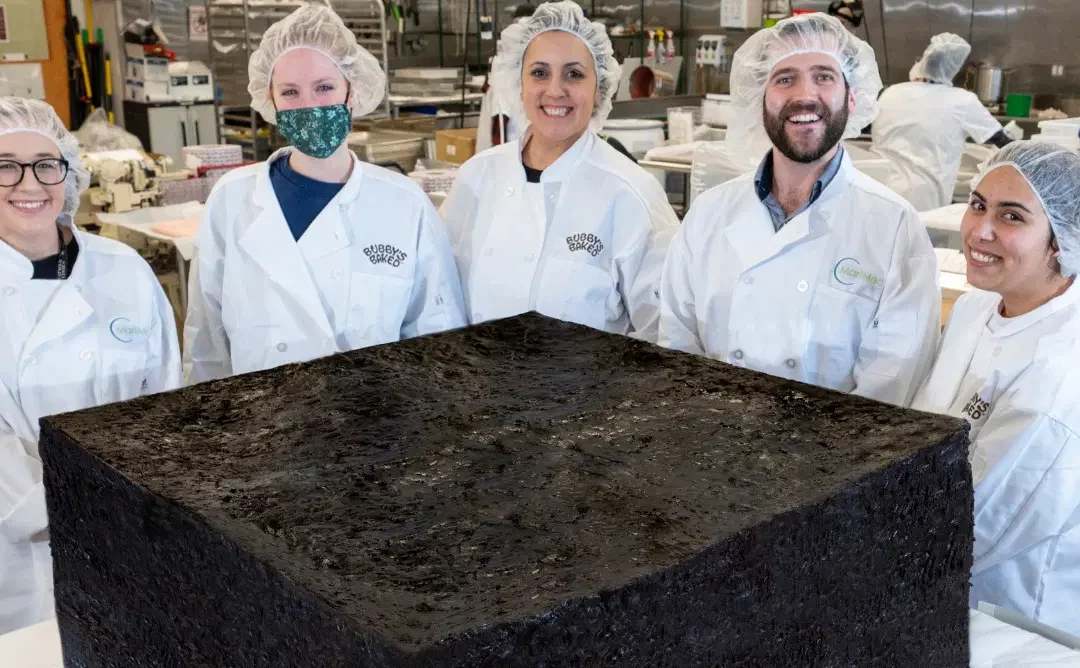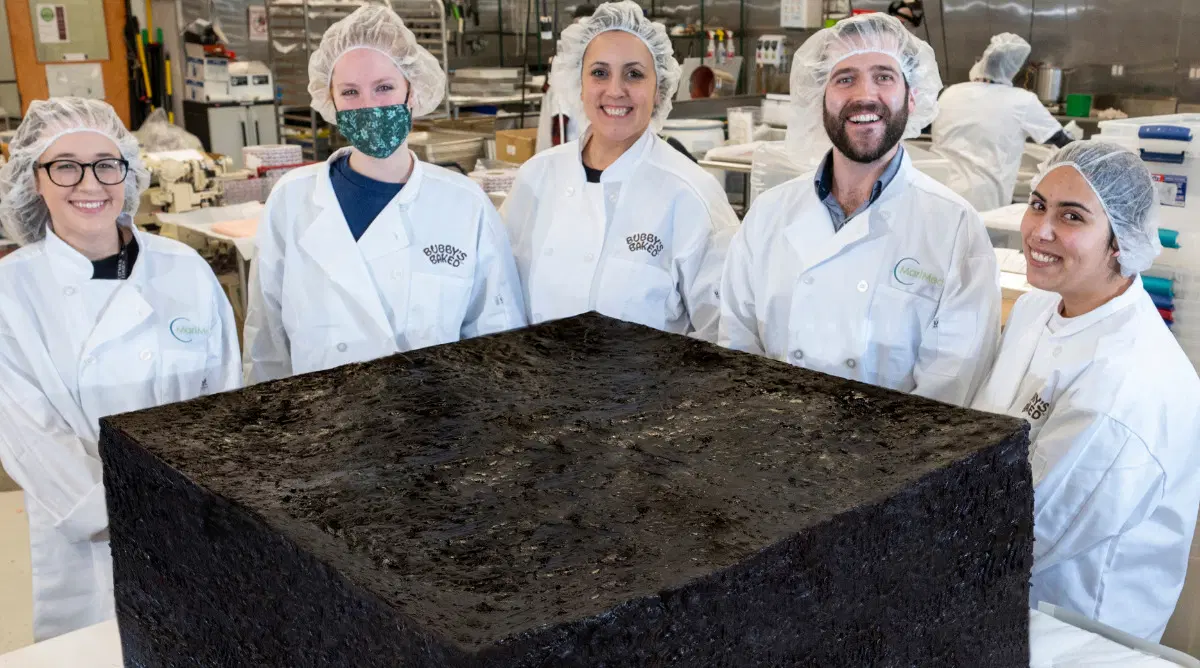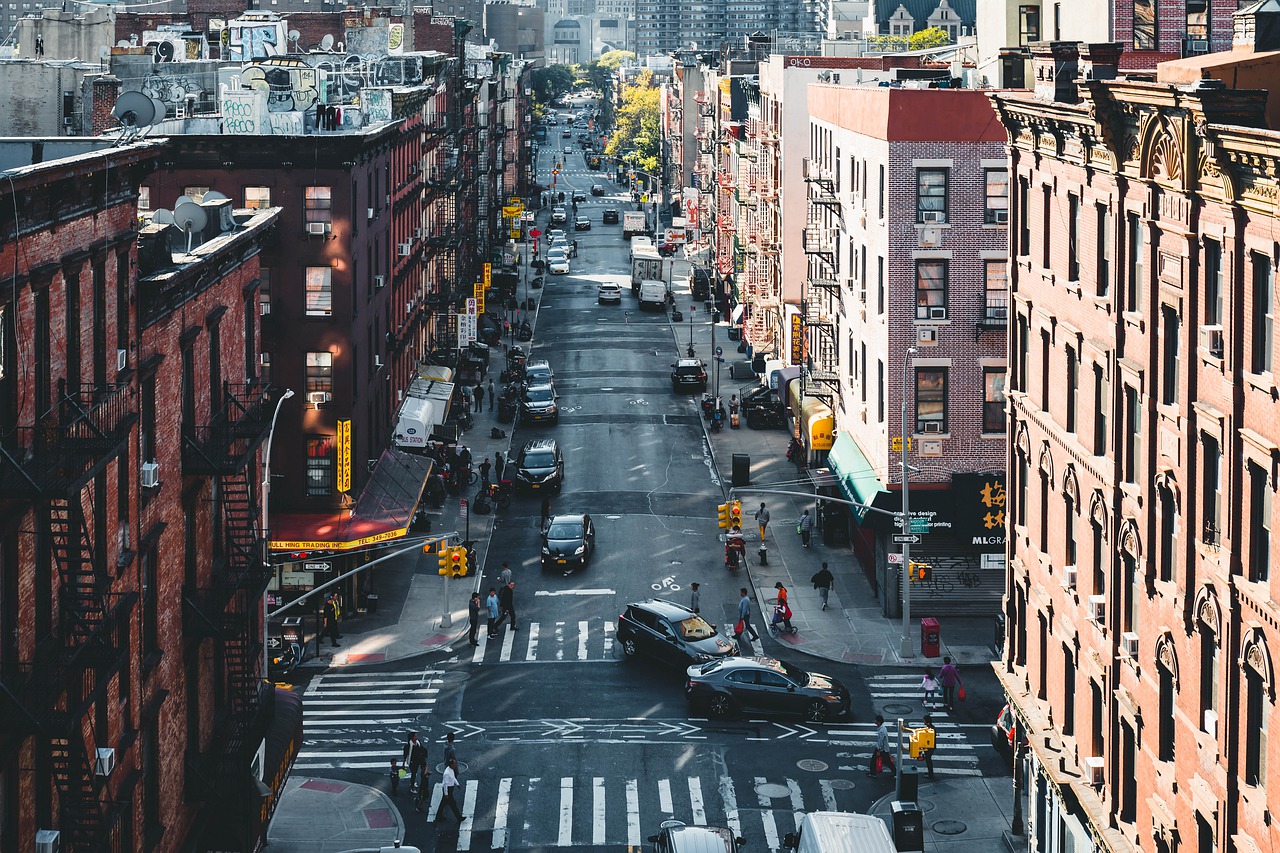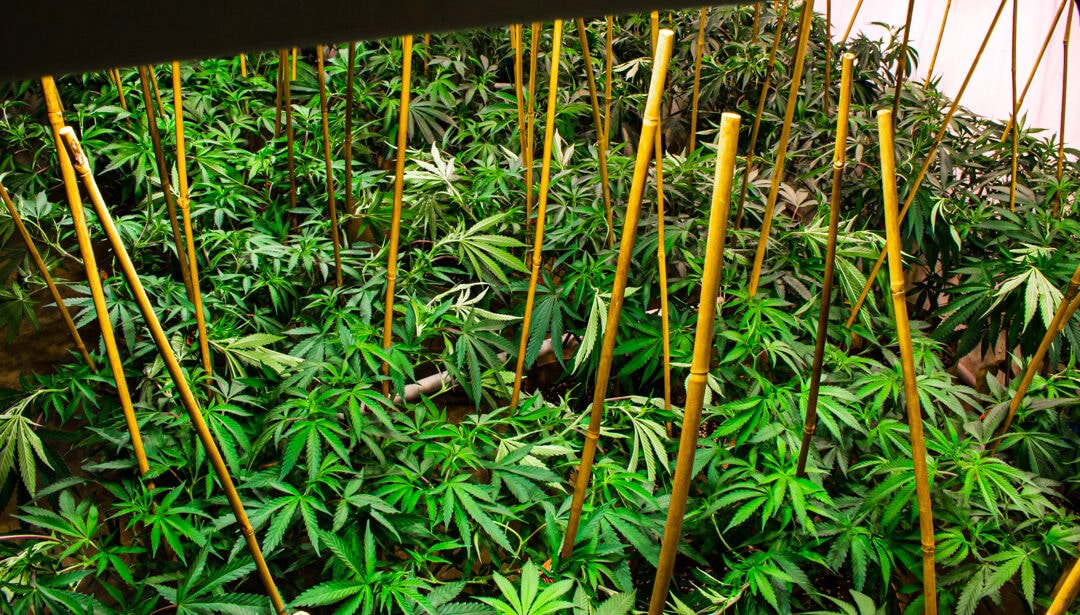
Colombian Medical Cannabis Will Be Covered By Insurance
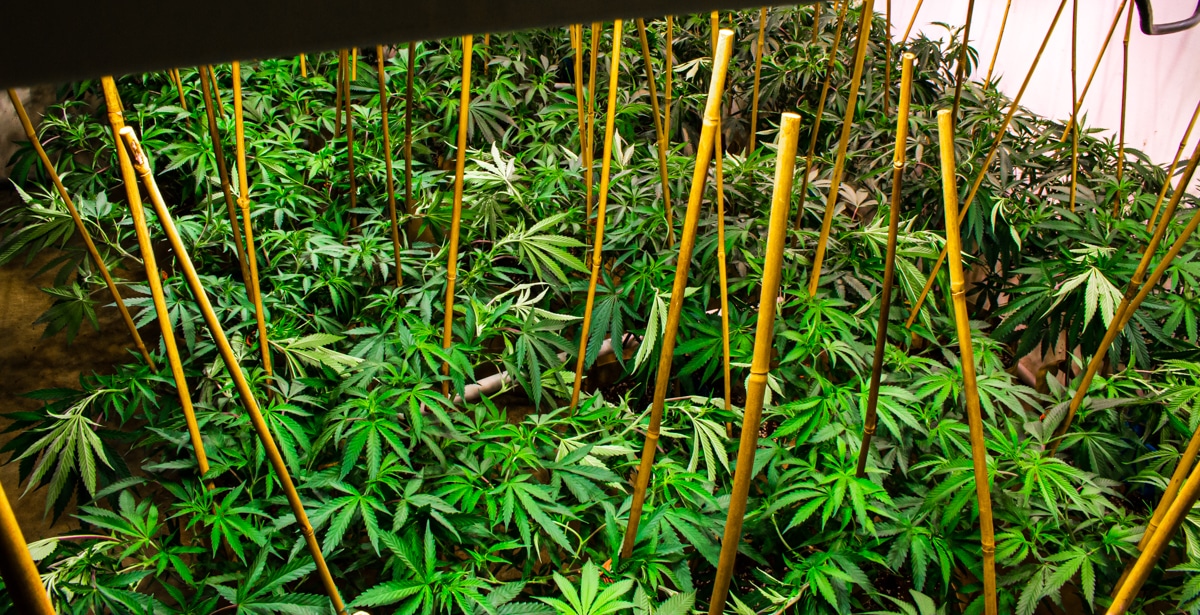
Khiron Life Sciences Corp., a vertically integrated medical cannabis leader with core operations in Latin America, announced on January 4th that the Government of Colombia has added medical cannabis to its list of mandated covered medications for every insurance provider in the country.
Khiron became the first licensed distributor of Colombian medical cannabis in March 2020. The company has currently sold 57,000 prescriptions, with over 16,000 patients across the country.
The plans to mandate insurance coverage for medical cannabis was implemented in December 2020, and throughout 2021 Khiron has been working with insurance providers across Colombia to include their medical cannabis in their coverage. In 2021, 60% of medical cannabis sales done by Khiron were through insurance providers.
The inclusion of medical cannabis in insurance coverage has greatly increased the number of prescribed patients as well as patient retention as medical cannabis becomes more easily accessible and more affordable through insurance.
Additionally, starting in 2022 any Colombian can get their medical cannabis card nearly for free, regardless of their insurance. These new implementations will make Colombia one of the only, and also the leading cannabis provider through insurance in the world.
The implications of having one sole provider of medical cannabis for the entire country of Colombia are yet to be seen. Whether there will be more space for competition in the future is also unknown.



